Introduction: Why Do Birds Puff Up?
![]()
Birds are captivating creatures known for their diverse behaviors. One behavior that never fails to catch our attention is when they puff up their feathers, transforming from sleek to fluffy. But what drives this intriguing behavior? In this article, we will explore the reasons behind a bird’s tendency to puff up, providing valuable insights into their well-being, emotions, and overall health. Whether you’re a bird owner or simply curious about our feathered friends, this article will shed light on this enchanting display.
Throughout this article, we will examine different factors that contribute to a bird’s inclination to puff up, including temperature regulation, fear and stress, territoriality and dominance, health concerns, and molting. By understanding the motivations behind puffing up, we can better comprehend our avian companions and provide them with the care they need.
Additionally, we will provide practical tips on reducing stress in your bird, fostering a stronger bond and enhancing their overall well-being. So, if you’ve ever wondered why your bird puffs up and what it signifies, keep reading as we embark on a journey into the captivating world of avian behavior.
What Causes a Bird to Puff Up?

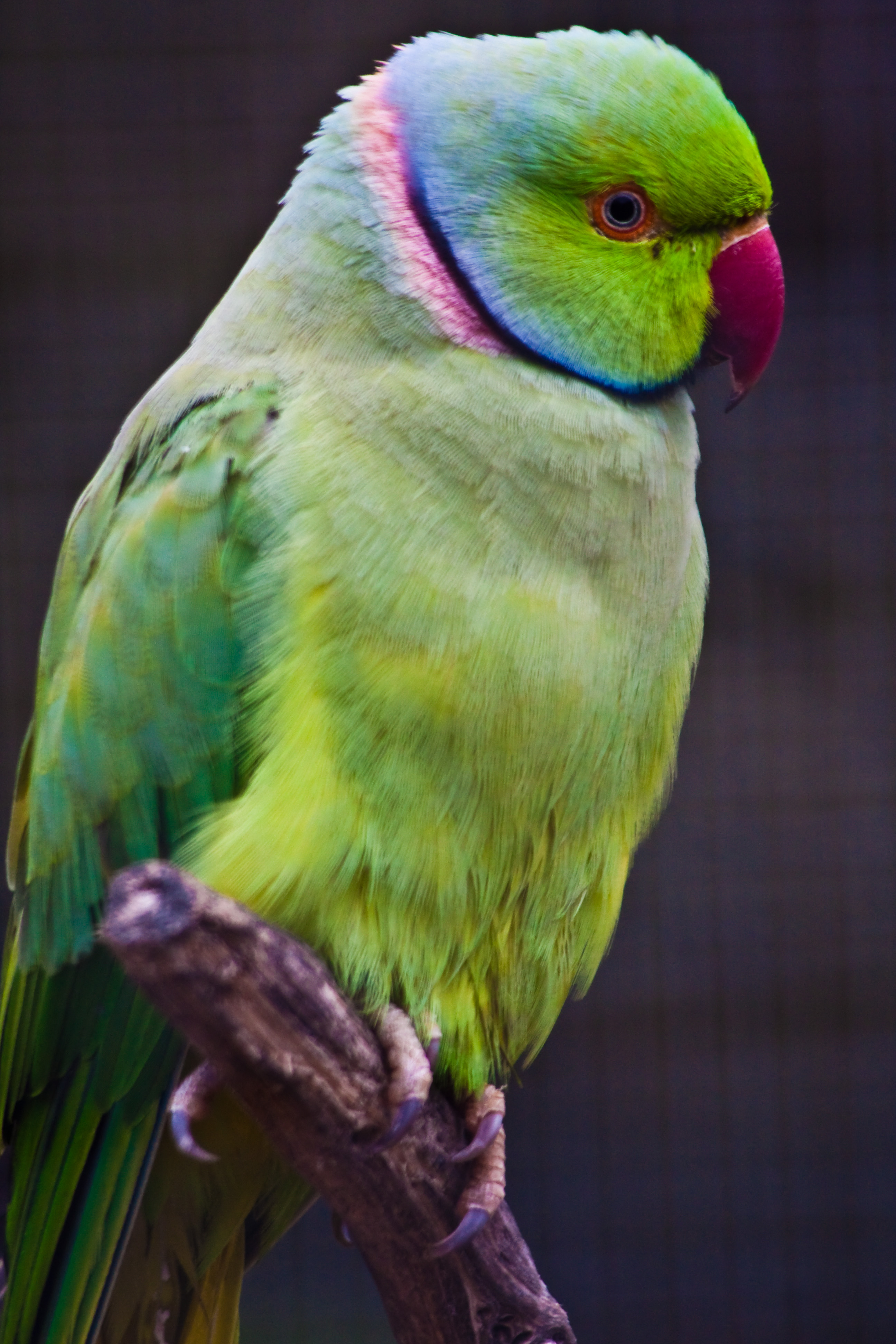
Birds puff up for various reasons, each revealing fascinating aspects of their behavior. Let’s explore the different factors that contribute to a bird puffing up:
1. Temperature Regulation
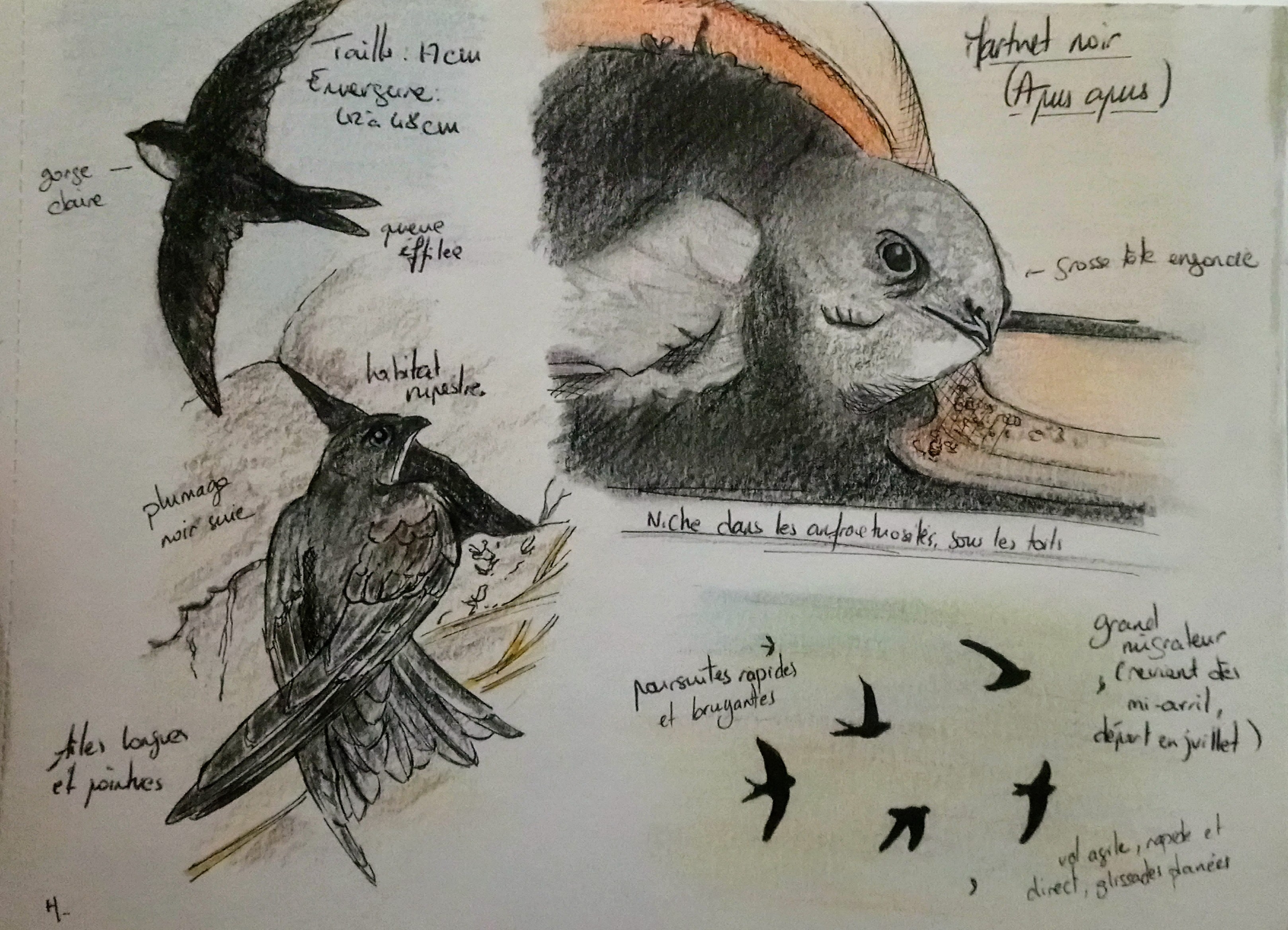
Birds puff up to regulate their body temperature. Their feathers play a crucial role in maintaining heat. Puffing up traps air between the feathers, creating an insulating layer that conserves heat in colder conditions. In hot weather, birds may puff up to increase airflow and promote cooling.
2. Comfort and Relaxation
Puffing up can indicate that a bird feels comfortable and relaxed. It’s a way for them to appear larger and more confident, signaling contentment and security.
3. Displaying Dominance or Aggression
Certain bird species puff up to visually display dominance or aggression. This behavior is prominent during territorial disputes or interactions with other birds, establishing dominance within their territory.
4. Courtship and Mating Behavior
Male birds puff up their feathers during courtship displays to enhance their visual appeal and signal their fitness as potential mates. It’s an attractive display that captures the attention of females.
5. Illness or Discomfort
![]()
Puffing up can be a warning sign of underlying health issues or discomfort in birds. Sick birds may fluff up their feathers to conserve energy and provide insulation. Consistent puffing up accompanied by other symptoms requires prompt veterinary attention.
6. Molting

Birds puff up more frequently during molting periods, finding temporary relief and supporting their feather development.
Understanding these causes allows you to interpret your bird’s behavior effectively. In the following sections, we will delve deeper into each cause, providing insights into temperature regulation, fear and stress, territoriality and dominance, health concerns, and tips for reducing stress in your feathered companion. By gaining a comprehensive understanding of your bird’s behavior, you can foster a healthier and happier relationship with your avian friend.
Temperature Regulation
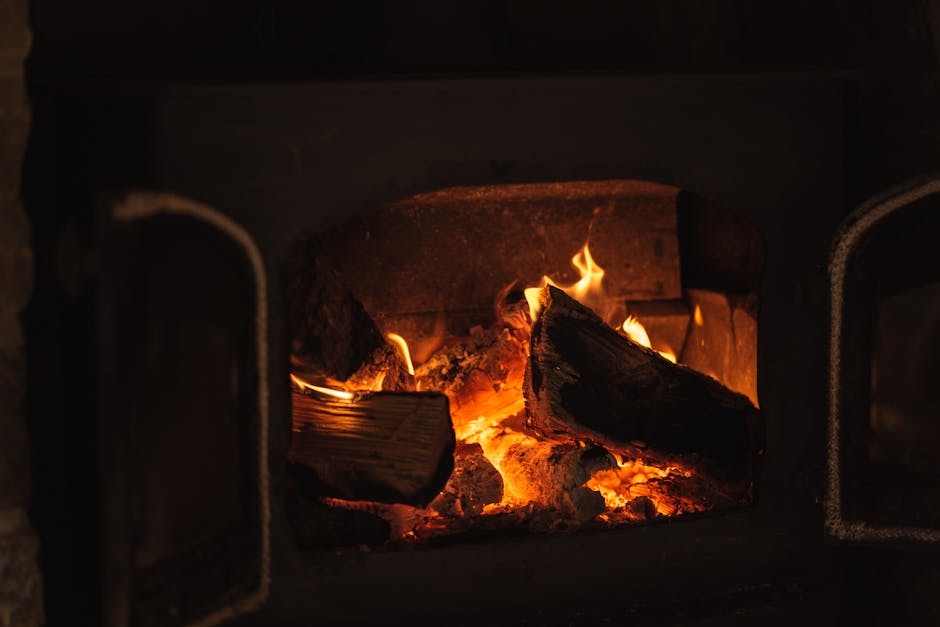
Birds have a higher body temperature than humans and use puffing up as a natural behavior to regulate it. When birds puff up, they trap air between their feathers, creating an insulating layer that retains heat in cold weather. Feathers act as a barrier between the bird’s body and the environment, minimizing heat loss by reducing exposed surface area.
Puffing up helps birds adapt to their surroundings and maintain a comfortable body temperature, whether in cold or hot weather. In chilly conditions, it conserves energy and prevents heat loss. In hot weather, it creates shade and minimizes heat absorption.
Chronic or excessive puffing up can be a cause for concern, indicating underlying health issues or poor living conditions. Providing a comfortable and regulated environment is crucial to prevent unnecessary stress and potential health problems.
In the next section, we will explore other factors that can cause birds to puff up, including fear and stress. Understanding these triggers will help bird owners care for their feathered companions and ensure their well-being.
Fear and Stress

Birds puff up their feathers as a physical response to fear and stress. This behavior serves as a defensive mechanism, making the bird appear larger and more intimidating to potential threats. Stress indicators in birds include puffing up, crouching, hiding, increased vocalizations, rapid breathing, and aggression. To alleviate bird anxiety, create a calm and safe environment with adequate space, socialization, and a balanced diet. Regular veterinary check-ups and consultation with an avian expert can help identify and address stressors.
Territoriality and Dominance
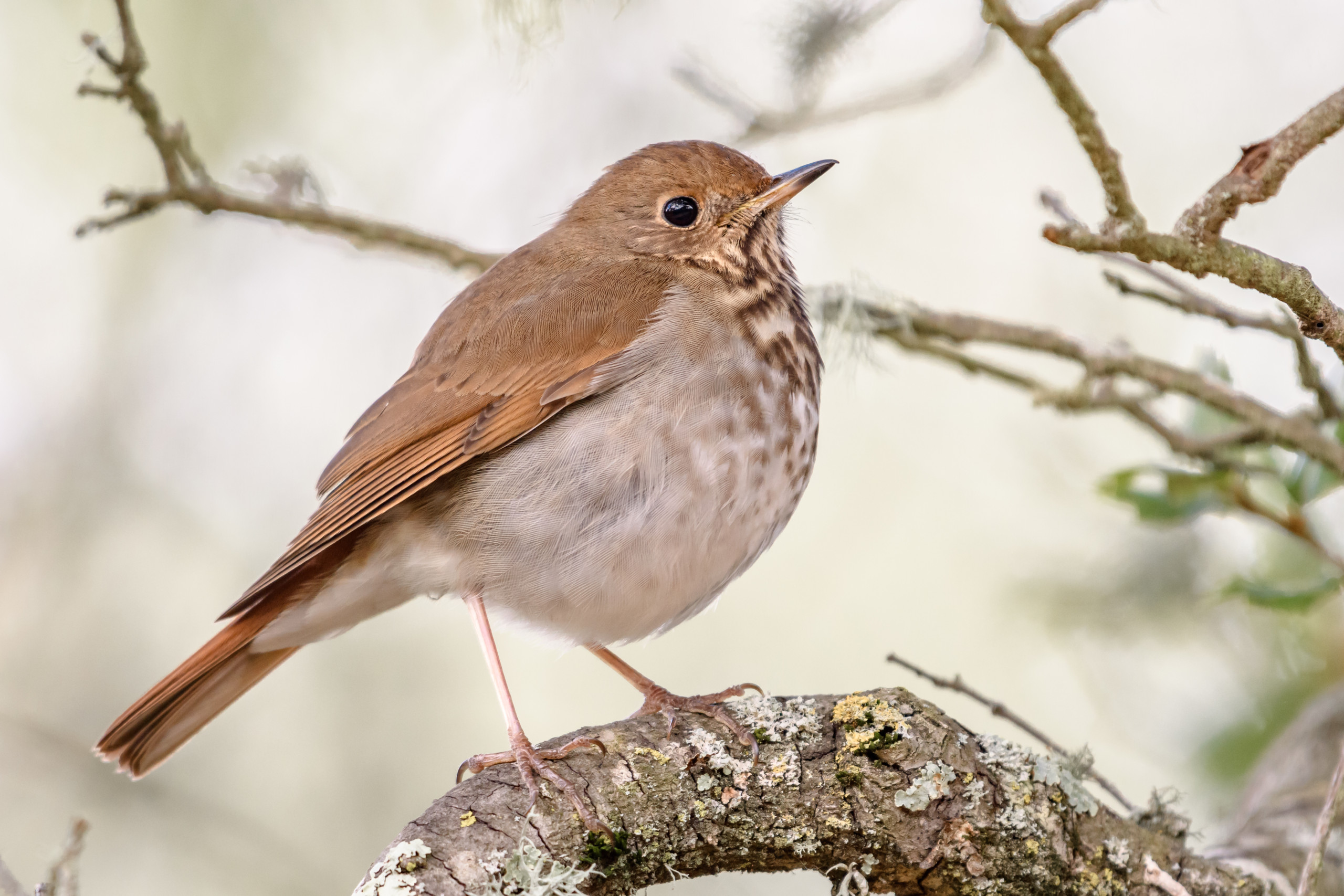
Puffing up is a way for birds to display dominance and claim their territory. It serves as a defense mechanism, deterring predators and competitors. Puffing up can also be a form of communication among birds, conveying messages about intentions and willingness to defend territory. Hormonal changes, like increased testosterone levels, can intensify puffing-up behavior during the breeding season. Understanding your bird’s natural behavior and providing a suitable environment with space and enrichment activities is important for their well-being.
Health Concerns
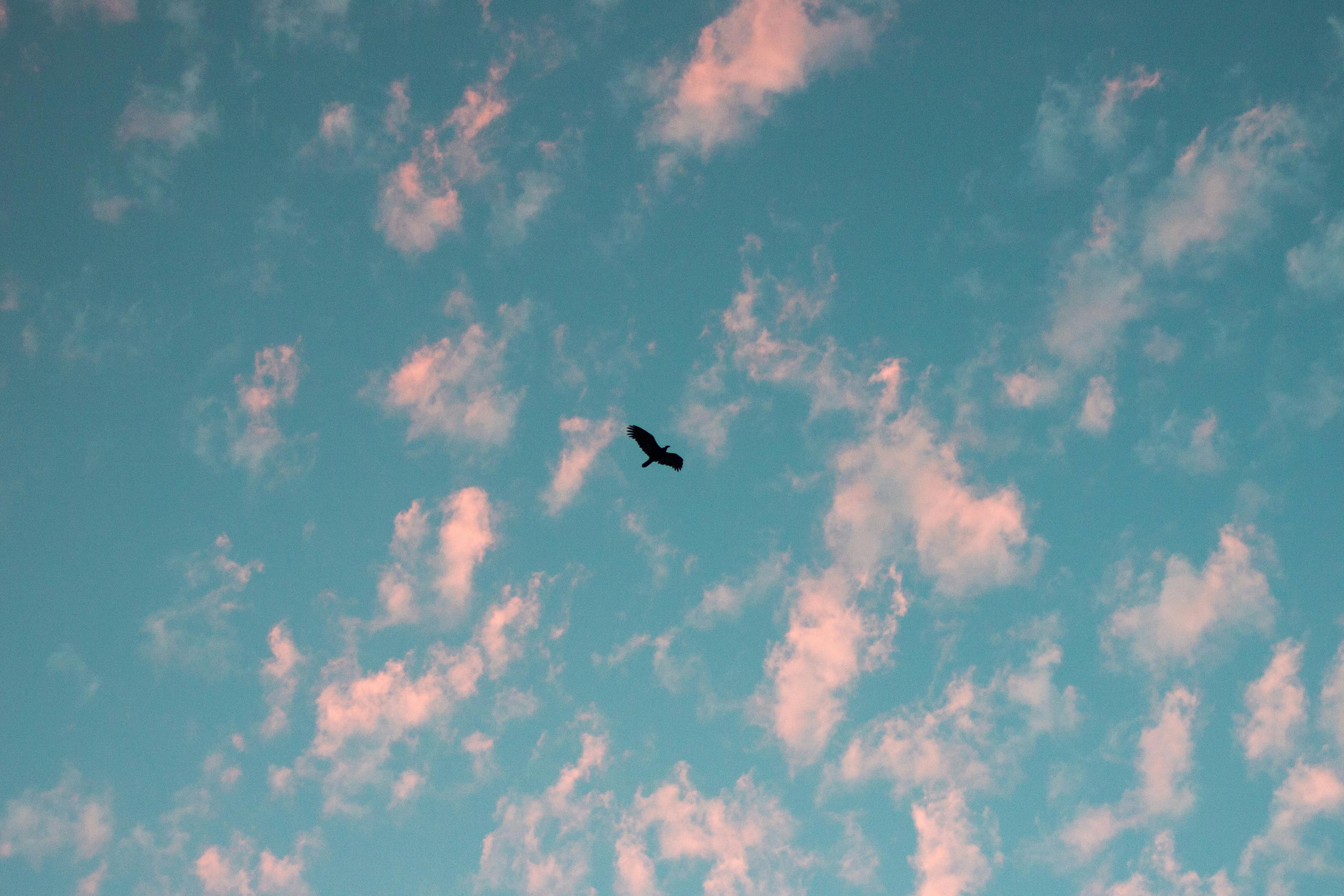
Puffing up can be a warning sign of underlying health issues in birds. Excessive or prolonged puffing up may indicate respiratory infections, feather mite or lice infestations, digestive problems, organ dysfunction, or injuries. Respiratory infections cause difficulty breathing and discharge, while feather mites or lice cause itching and irritation. Digestive problems and organ dysfunction can lead to discomfort and metabolic imbalances. Injuries cause pain and discomfort, prompting birds to puff up. Pay attention to accompanying symptoms and consult an avian veterinarian for proper diagnosis and treatment.
Continue to Section 7: Tips for Reducing Stress in Your Bird
What Causes a Bird to Puff Up?
Birds have a fascinating ability to puff up their feathers, indicating various emotions and physiological responses. Understanding why birds puff up provides valuable insights into their needs and well-being.
Temperature Regulation
Puffing up helps birds regulate their body temperature. Feathers act as excellent insulators, trapping air close to the body. Fluffing up creates a layer of trapped air that preserves body heat in cold temperatures. On hot days, birds puff up to increase airflow, releasing heat and keeping cool.
Fear and Stress
Birds puff up in response to fear or stress. Stressful situations include changes in their environment, loud noises, or sudden movements. Puffing up makes them appear larger, potentially intimidating threats.
Territoriality and Dominance
Puffing up can display territoriality or dominance. In the wild, birds establish dominance within their flock or defend territory from intruders. Domestic birds exhibit this behavior when their personal space or resources are threatened.
Health Concerns
Excessive or prolonged puffing up may indicate underlying health issues. Consult an avian veterinarian if your bird frequently appears fluffed up, lethargic, or shows signs of illness. Health problems like respiratory infections or parasites can cause puffing up.
Tips for Reducing Stress in Your Bird
Create a calm and stress-free environment for your bird’s well-being:
- Provide a secure and spacious cage with appropriate perches, toys, and hiding spots.
- Choose a quiet location away from excessive noise and foot traffic.
- Establish a consistent routine for feeding, exercise, and social interactions.
- Introduce changes gradually to help them adjust.
- Be mindful of body language and avoid sudden gestures or loud voices.
- Provide mental stimulation with interactive toys and foraging activities.
- Ensure a balanced diet and consult a veterinarian for dietary recommendations.
- Schedule regular check-ups with an avian veterinarian.
By implementing these tips, you can create a supportive and stress-free environment for your bird’s physical and emotional well-being.
Conclusion – Understanding Your Bird’s Behavior

Understanding why birds puff up is crucial for comprehending their behavior and needs. It provides insights into their emotional and physical state. By providing a nurturing environment, minimizing stressors, and seeking appropriate veterinary care, you can ensure your bird leads a happy and healthy life.
Frequently Asked Questions
Frequently Asked Questions
1. Why does my bird puff up all the time?

Birds may puff up frequently due to several reasons. It could be a natural behavior for temperature regulation, a sign of comfort and relaxation, or an indication of illness or discomfort. If your bird is consistently puffing up and exhibiting other concerning symptoms, it’s advisable to consult an avian veterinarian to rule out any underlying health issues.
2. Is it normal for my bird to puff up when it’s hot?

Yes, it is normal for birds to puff up when it’s hot. Puffing up allows air to circulate between their feathers, promoting cooling by increasing airflow and minimizing heat absorption. It’s a natural mechanism for temperature regulation in hot weather.
3. Can stress cause my bird to puff up?
Yes, stress can cause birds to puff up. When birds feel stressed or threatened, they may puff up their feathers as a defensive response. Puffing up makes them appear larger and more intimidating to potential threats. If your bird is frequently puffing up and showing signs of stress, it’s important to assess and address the underlying stressors to promote their well-being.
4. What should I do if my bird is puffing up and acting lethargic?
If your bird is puffing up and acting lethargic, it could be a sign of illness or discomfort. Lethargy accompanied by consistent puffing up and other abnormal behaviors or symptoms requires immediate attention from an avian veterinarian. Prompt veterinary care is crucial to diagnose and treat any underlying health issues.
5. How can I help my bird stop puffing up due to fear or stress?
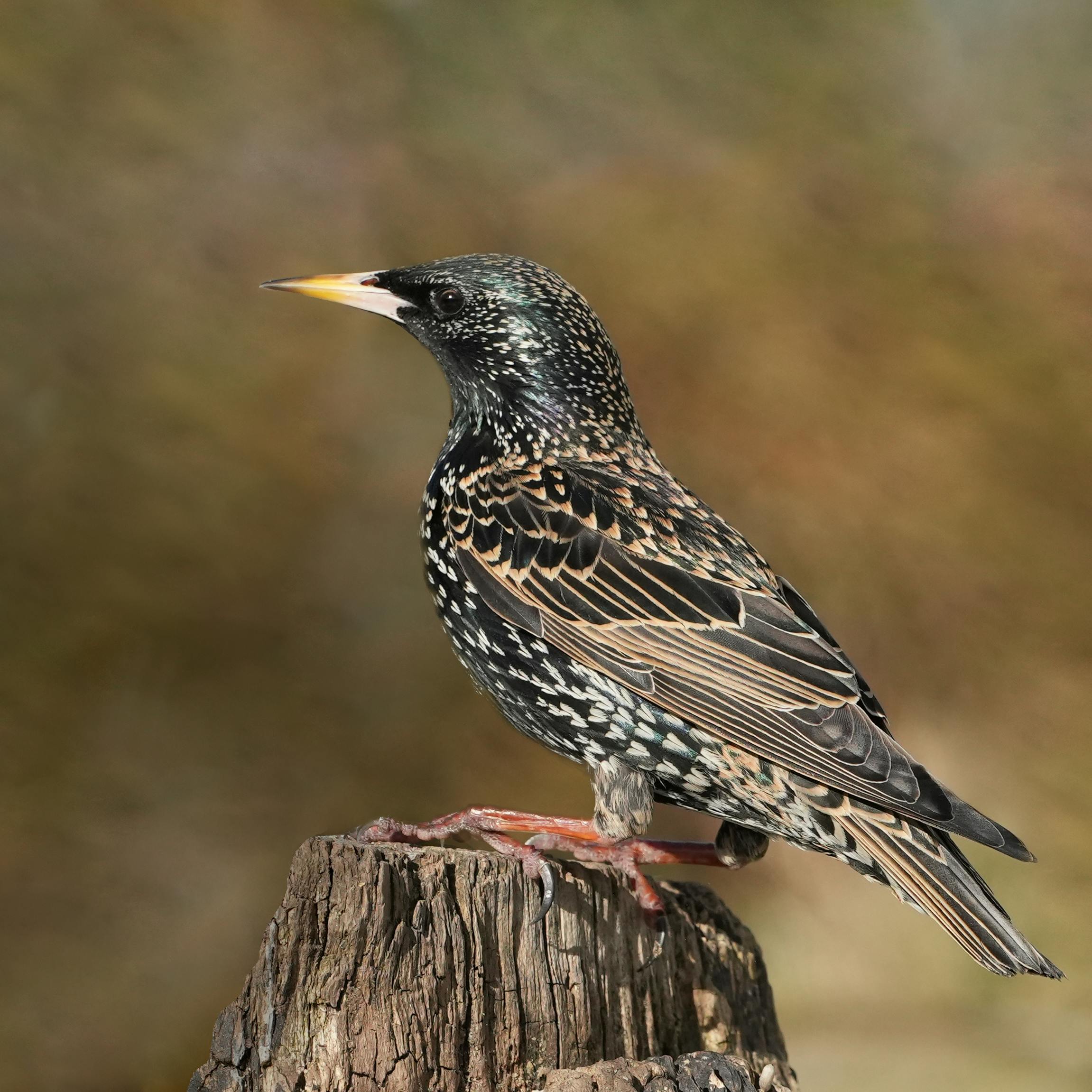
To help your bird reduce puffing up due to fear or stress, create a calm and safe environment for them. Provide a secure and spacious cage, establish a consistent routine, minimize exposure to loud noises and sudden movements, and offer mental stimulation through toys and foraging activities. Additionally

Leave a Reply